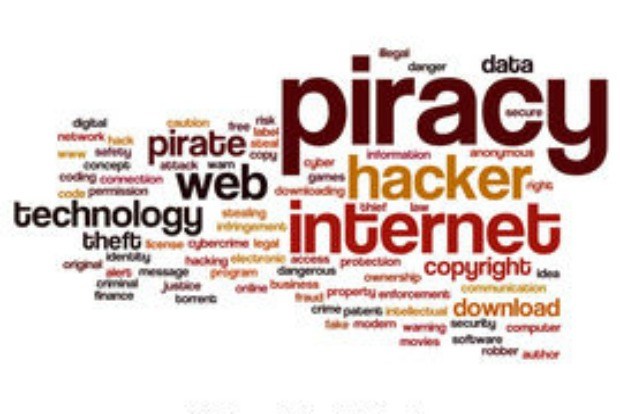
Piracy, or the unauthorized copying and distribution of copyrighted material, has been a persistent problem in the entertainment industry for many years. From music to movies to video games, piracy can have a significant impact on the revenue of content creators and distributors. In this article, we will explore the impact of piracy on the entertainment industry.
Revenue Loss
One of the most significant impacts of piracy on the entertainment industry is revenue loss. When consumers download or stream content illegally, content creators and distributors lose out on potential revenue. According to a report by the Digital Citizens Alliance, the music industry alone loses $12.5 billion annually to piracy.
This revenue loss can have a ripple effect throughout the industry. For example, if a movie or video game does not make enough money due to piracy, the studio or publisher may be less likely to greenlight future projects or invest in new talent.
Job Loss
The revenue loss caused by piracy can also lead to job loss. When content creators and distributors lose revenue, they may be forced to lay off employees, reduce production budgets, or cancel projects. In some cases, entire companies may go out of business due to piracy-related revenue loss.
In addition to direct job loss, piracy can also impact the job market indirectly. For example, if a studio or publisher is less likely to invest in new talent due to piracy-related revenue loss, it may be more difficult for new actors, musicians, or game developers to break into the industry.
Quality Concerns
Another impact of piracy on the entertainment industry is quality concerns. Pirated content is often of lower quality than legitimate content. For example, a pirated movie may have poor sound or video watermarking, or a pirated video game may be missing important features or contain bugs.
This can be a problem for both consumers and content creators. Consumers who download or stream pirated content may be disappointed with the quality of the content and may be less likely to purchase legitimate content in the future. Content creators may also be concerned about the impact of piracy on the quality of their work and their reputation.
Legal Issues
Piracy can also lead to legal issues for both consumers and content creators. In many countries, piracy is illegal and can result in fines or even imprisonment. Content creators and distributors may also take legal action against individuals or websites that distribute pirated content.
However, legal action can be difficult and expensive, and may not always result in a positive outcome for content creators and distributors. In some cases, legal action can also lead to negative publicity or backlash from consumers who feel that they are being unfairly targeted.
Conclusion
Piracy has a significant impact on the entertainment industry, from revenue loss and job loss to quality concerns and legal issues. While there are some efforts to combat piracy, it remains a persistent problem in the industry. It is important for consumers to understand the impact of piracy and to support legitimate content creators and distributors by purchasing or streaming content legally.

